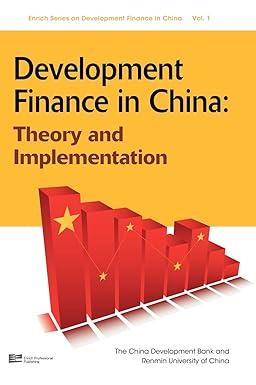Question
Engines is a British manufacturer of luxury cars that exports its luxury sports cars to several Chinese car dealers. The annual sales volume is 50,000
Engines is a British manufacturer of luxury cars that exports its luxury sports cars to several Chinese car dealers. The annual sales volume is 50,000 units at the yuan (CNY) equivalent of GBP 90,000 each. The Chinese yuan (renminbi) has been trading at CNY9.00/GBP, but a reliable financial forecasting firm predicts that the value of the renminbi will depreciate by next week to Yuan10.00/GBP, after which it will stabilize for a few years. Engines fully trusts the forecasts of its financial advisory firm and tries to reach a pricing decision in accordance with the expectations of the devaluation. It is left with the following choices: (1) maintain the same yuan price and accordingly sell for fewer pounds, in which case the Chinese volume will not change; or (2) maintain the same pound price, raise the yuan price in the China to offset the devaluation, and experience a 20% drop in unit volume. Direct costs are 82% of the U.K. sales price. a. What would be the short-run (one year) impact of each pricing strategy? b. Which of the two alternatives is better?
Step by Step Solution
There are 3 Steps involved in it
Step: 1

Get Instant Access to Expert-Tailored Solutions
See step-by-step solutions with expert insights and AI powered tools for academic success
Step: 2

Step: 3

Ace Your Homework with AI
Get the answers you need in no time with our AI-driven, step-by-step assistance
Get Started


